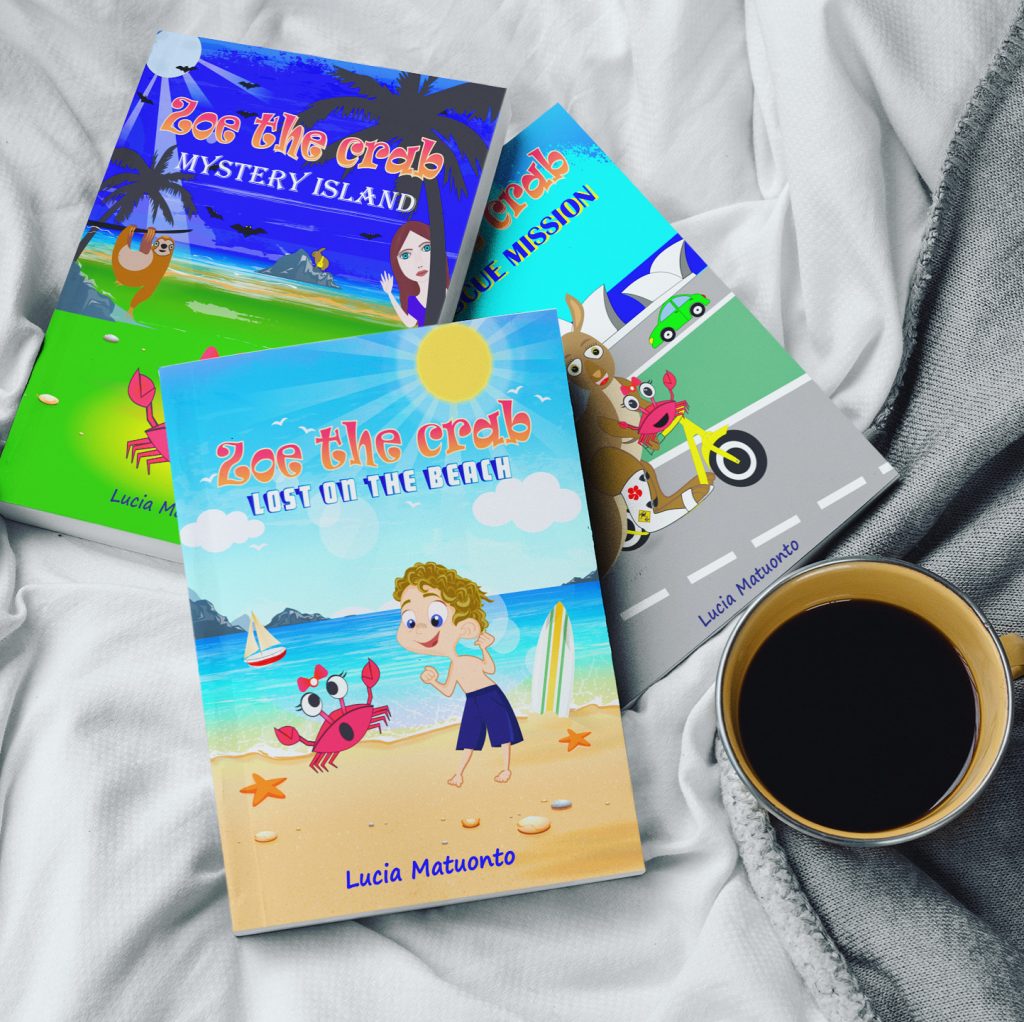Panic and fear set in in the form of anxiety for people for all ages. In children with disabilities, this anxiety is especially strong and frequent as they learn how to interact with the often overwhelming and confusing world around them. As a parent to a child with anxiety, learning how to use natural tips to decrease anxiety is going to be crucial from a young age and onward. Proper anxiety treatment helps ease low self esteem and plenty of other physical benefits along the way. The key technique is in diaphragmatic breathing.
What is diaphragmatic breathing and how does it work?
This is commonly referred to as “belly breathing”, especially with those young ones that rely on easy-to-remember terms. It means that you breathe deeper, from your diaphragm, rather than the chest muscles. When you sing, you must work from your diaphragm to get the air you need to sustain a high/low or long note, for example. Diaphragmatic breathing is also what your body switches to when you’re asleep. Upper chest breathing is for when we are awake and aware of our surroundings.
The deeper, deliberate and controlled breaths are connected to our parasympathetic nervous system — the fancy term for the part of our body that forces us to calm down, biologically speaking. If you are suffering from an anxiety attack, deep breathing forces your body to switch from the sympathetic nervous system — aka, telling you to prepare to fight or flee — to the parasympathetic system, which calms your body and your mind down by telling you that you’re safe.

What benefits does diaphragmatic breathing offer in treating anxiety?
● It lowers blood pressure, heart rate and breathing rate: Anxiety and stress are hard on the body. By forcing your body to calm down, your blood pressure will lower, as will your heart rate and breathing rate. This allows your body to stay strong instead of being weakened by anxiety physical effects. It also helps ward off, and treat lumbar pain!
● It relaxes the muscles and the tension they cause: Then there’s the fact that anxiety can be painful, especially in extremely anxiety-provoking situations. Deep breathing relaxes the muscles and helps ease the body’s pain and discomfort that long term anxiety can cause throughout the run of a day. It also teaches them to look for signs of tension (tight shoulders, a tense facial expression) and make sure they deal with it.
● It is more natural than something like a daily medication or aromatherapy: With daily medication and aromatherapy both have their own benefits and perks, deep breathing is a handy anxiety tool because it deals with anxiety at its biological core and is effortless to do just anywhere.
In children young and old who suffer from anxiety, diaphragmatic breathing could just be the solution to help deal with it in the moment as well as offer the best physical benefits in the short and long term. Sometimes it’s the simple things that really do work best, and deep breathing is definitely one of them.
ABOUT AUTHOR
Lucia Matuonto is the author and illustrator of the book series Zoe the Crab, for children over 7 y/o. She is also physiotherapist and coaches parents and children through Neuro-linguistic Programming (NLP) and breathing techniques.
To know more about Lucia Matuonto visit: www.luciamatuonto.com and don’t forget her on Instagram @luciamatuontoauthor, Twitter @luciamatuontoauthor and Facebook @Zoethecrab



